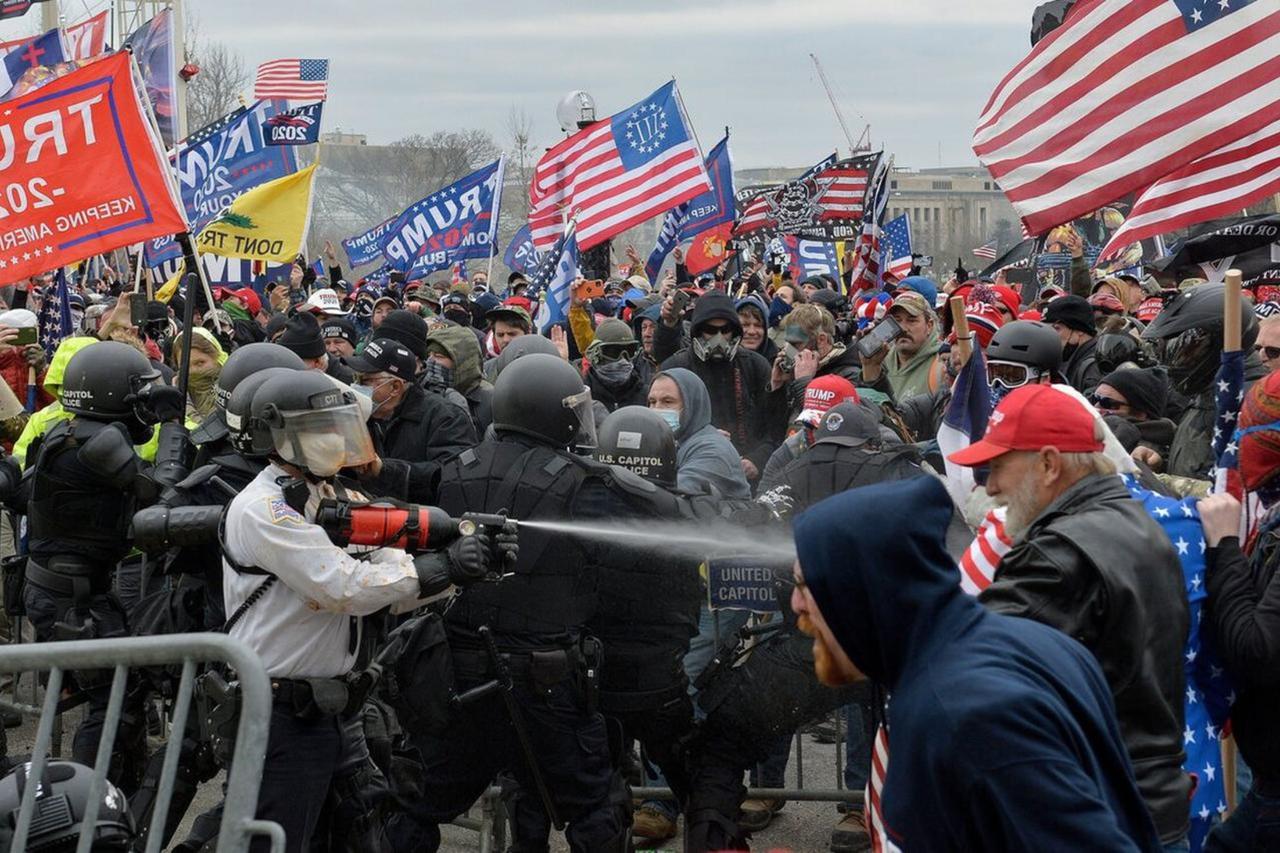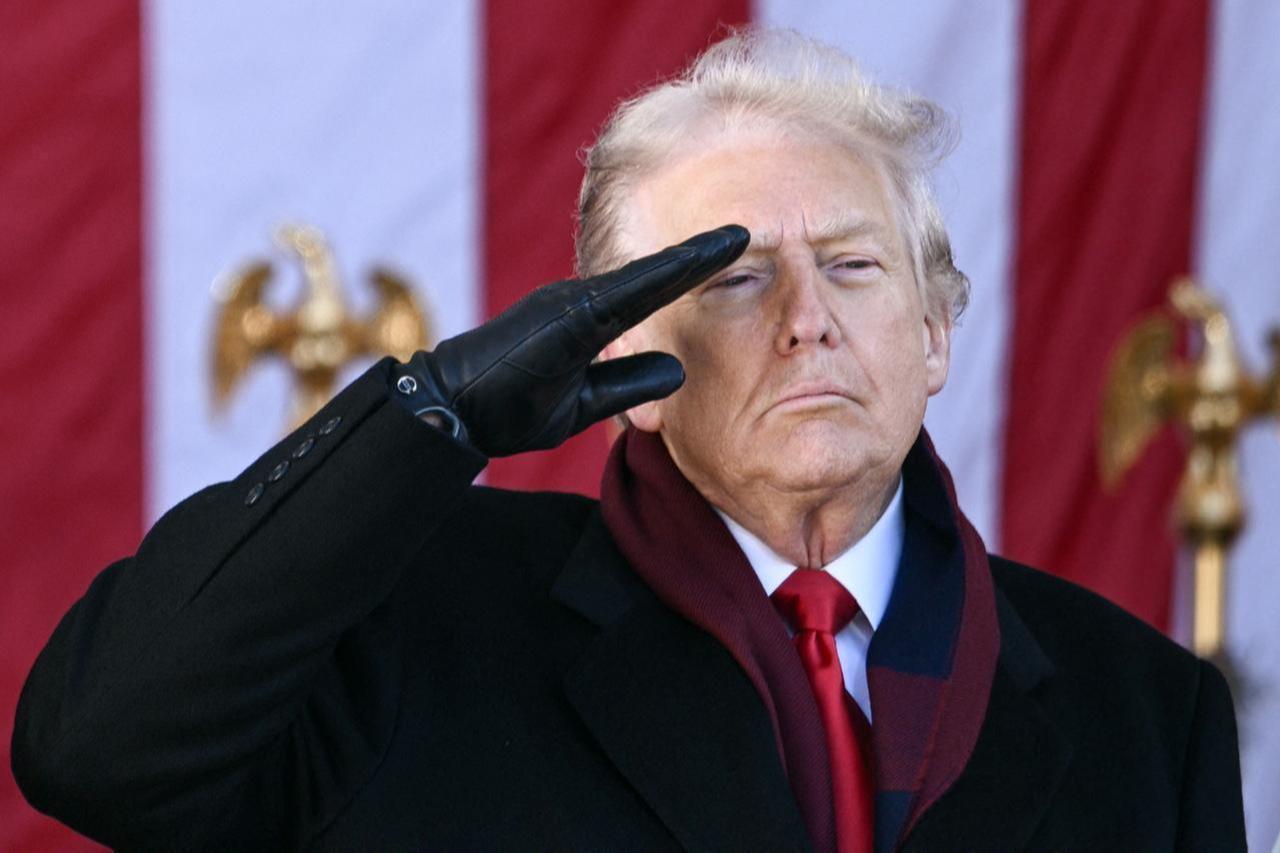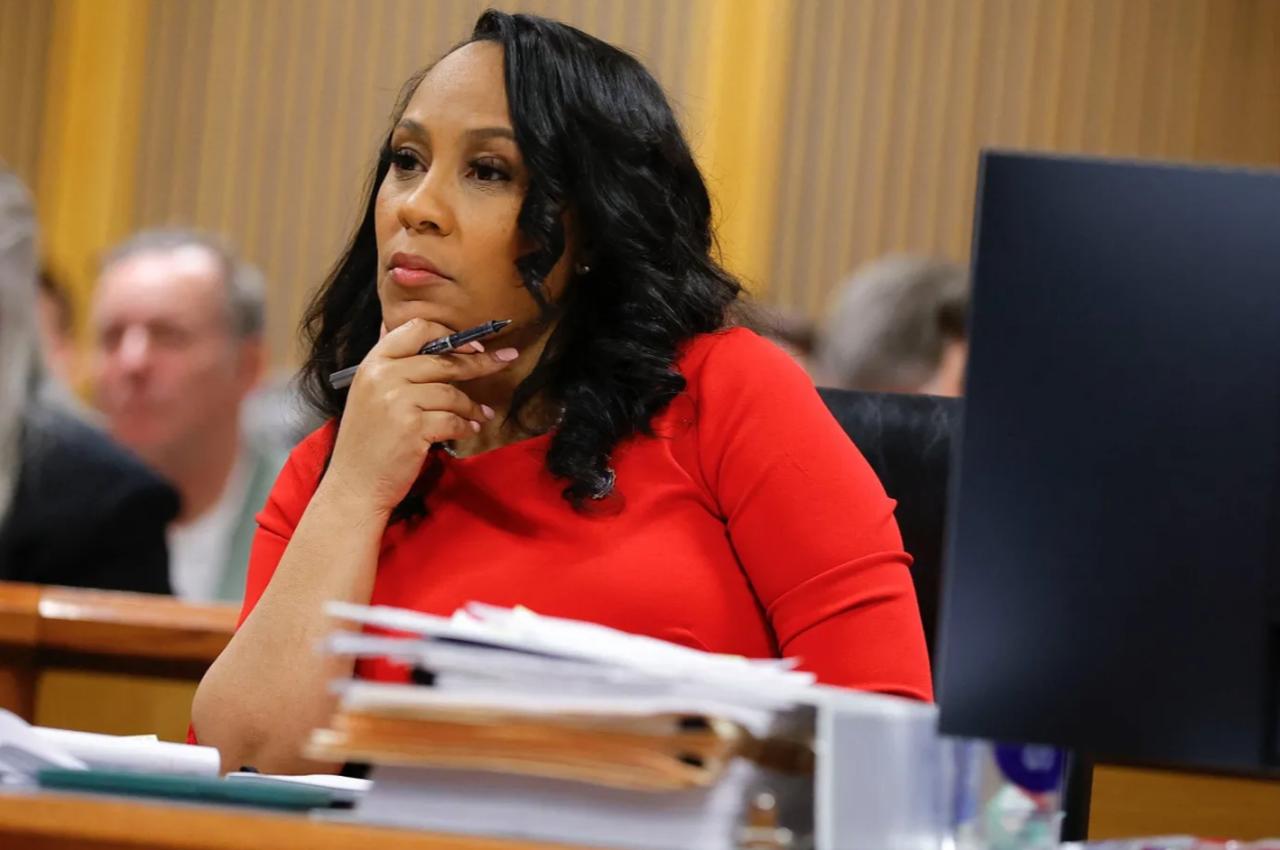
A Georgia prosecutor on Wednesday formally dismissed the racketeering case against President Donald Trump and 18 co-defendants for their alleged attempts to overturn the 2020 presidential election, closing what had been considered the most legally perilous criminal prosecution facing the president.
The decision by Pete Skandalakis, director of the Prosecuting Attorney's Council of Georgia, marks the end of all pending criminal cases against Trump related to his efforts to remain in power after losing to Joe Biden. Federal prosecutions led by special counsel Jack Smith on election interference and classified documents handling had already been abandoned following Trump's 2024 electoral victory.
Skandalakis cited the impracticality of prosecuting a sitting president, writing that bringing the case to trial would not occur until 2029, 2030, or possibly 2031 given the legal complexities involved. He described pursuing the matter for another five to ten years as a disservice to Georgia citizens and an undue burden on state resources.
The prosecutor, who has run for office as both a Democrat and Republican during his career, dismantled the case charge by charge in a 22-page filing, asserting that "it is not illegal to question or challenge election results." He characterized his role in stark terms, writing that the case "is on life support and the decision what to do with it falls on me and me alone."

The sprawling racketeering charges were filed on August 14, 2023, by Fulton County District Attorney Fani Willis, an elected Democrat who launched her investigation in early 2021. The probe began shortly after a recorded January phone call surfaced in which Trump pressured Georgia Secretary of State Brad Raffensperger, a fellow Republican, to "find" the votes necessary to win the state.
Willis charged Trump and his co-defendants under Georgia's Racketeer Influenced and Corrupt Organizations Act, a state law modeled after the federal RICO statute historically used to prosecute organized crime syndicates and mafia enterprises. The indictment alleged that defendants "joined a conspiracy to unlawfully change the outcome" of the election and "unlawfully conspired and endeavored to conduct and participate in criminal enterprise."
The case generated international attention in August 2023 when Trump surrendered at an Atlanta jail for approximately 20 minutes, producing his first-ever police booking photograph. The image quickly became one of the most widely circulated photos of the former and future president.
Among the 19 defendants were prominent figures including former White House chief of staff Mark Meadows and former Trump attorney Rudy Giuliani, who this year reached a settlement with two Georgia election officials to resolve a defamation lawsuit that had resulted in a nearly $150 million judgment against him. The indictment also identified 30 unindicted co-conspirators.

The case began unraveling in early 2024 when Michael Roman, a Trump campaign official in 2020, filed a motion challenging Willis's authority to prosecute. The motion revealed that Willis had maintained a romantic relationship with Nathan Wade, the special prosecutor she hired to lead the investigation.
Defense attorneys argued Willis financially benefited from the relationship, claiming Wade paid for vacations the couple took together. Following dramatic televised testimony in March 2024 that thrust Willis's personal life into public scrutiny, Fulton County Superior Court Judge Scott McAfee found insufficient evidence of financial benefit but ruled Willis could continue only if Wade resigned, which he subsequently did.
Legal proceedings against Trump and several co-defendants were officially suspended in June 2024 when a Georgia appeals court began reviewing potential prosecutorial misconduct. In December 2024, the appeals court formally disqualified Willis over the relationship. The Georgia Supreme Court declined to hear her appeal in September, cementing her removal.
Skandalakis considered separating Trump's case from his co-defendants to proceed with their trials while awaiting the conclusion of Trump's second term, but determined such an approach would be "illogical and unduly burdensome and costly for the State and for Fulton County."
Trump's lead Georgia defense attorney, Steve Sadow, declared the "political persecution" of Trump "finally over," adding that "a fair and impartial prosecutor has put an end to this lawfare."
Four of the 19 defendants accepted plea agreements during the case's progression, including three attorneys directly involved in Trump's efforts to overturn Georgia's election results. Some pleaded guilty to felony charges in exchange for more lenient sentencing recommendations.
The defendants had vigorously denied wrongdoing throughout the case, with some arguing they were attempting to address what they believed were legitimate irregularities in the 2020 election results.
Skandalakis concluded that the federal investigation conducted by Smith represented a more appropriate venue for examining Trump's post-election conduct, while noting the fundamental impracticality of prosecuting a sitting president at the state level.